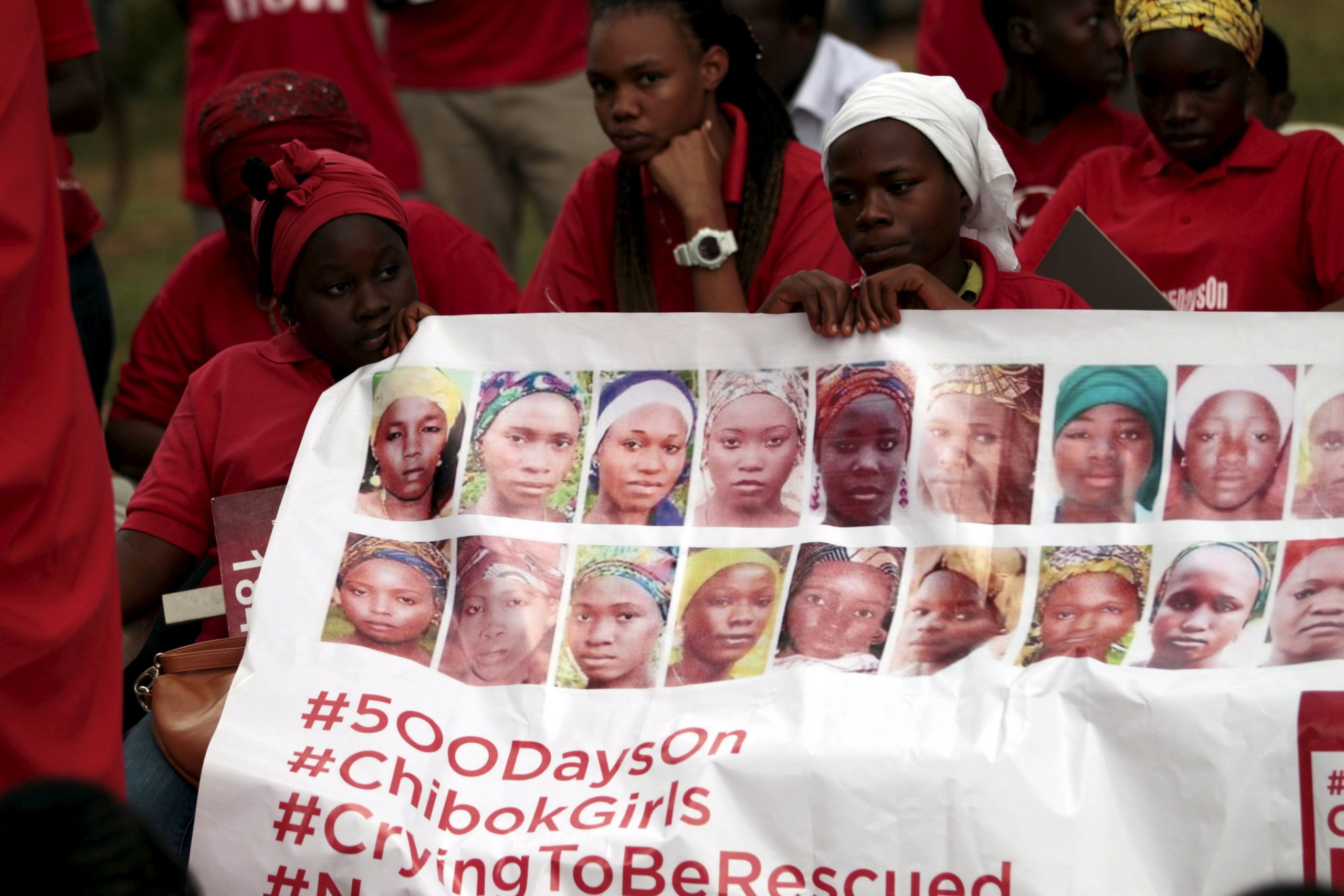ABUJA, Nigeria—Local officials were going tent to tent in makeshift refugee camps, asking who was missing relatives or neighbors. Parents rushed into the forest in search of their children. And the small number of girls and boys who escaped recounted how gunmen took away their friends, forcing them to walk deeper into the bush.
For many Nigerians, the scenes playing out this week in the town of Ngala, on their country’s northeastern border with Cameroon, were a painful reminder of the 2014 abduction of more than 200 schoolgirls who were snatched by Islamist militants from their dormitories in the town of Chibok. That kidnapping—which sparked the global #BringBackOurGirls movement—will hit its 10th anniversary next month, with 98 of the Chibok girls , as they came to be known, still in captivity or dead.
Nigerian and international officials on Thursday gave widely varying estimates of how many boys, girls and young women the jihadists had taken this time. All of them were residents of a collection of refugee camps that have cropped up over the past decade around Ngala, sheltering thousands of families displaced by the insurgents that are terrorizing the region.
Abdulkareem Abdulrahman , a former local councilman, said gunmen had abducted 117 people, most of them children between the ages of 12 and 15. Mohamed Malick Fall , the United Nations humanitarian coordinator for Nigeria, said more than 200 were missing after they had gone out last week to collect firewood. And Zainab Gimba , who represents the area in the Nigerian House of Representatives, put the number of those unaccounted for at 319.
Gimba told lawmakers on Thursday that three girls who had escaped their abductors said they had been taken across the border into Cameroon or Chad. “Lack of enough food in the camps has forced the women to go in search of firewood to sell so as to compliment the food being given to them in the camps,” Gimba said.
None of the officials named the group responsible for the kidnapping. But experts following the insurgency said the abductors were likely members of the Islamic State West Africa Province , also known as Iswap, or other factions of Boko Haram, the group behind the Chibok attack.
The abduction of scores of children so close to the Chibok anniversary is a blow for Nigerian President Bola Tinubu at a time when his government is grappling with discontent over a surge in food and fuel prices and frequent for-ransom kidnappings. On Thursday evening, local media reported that bandits, who have turned abductions into a multimillion-dollar industry , took dozens of children from a school in another part of Nigeria.
The number of attacks and kidnappings by Islamist militants, by contrast, had dropped in recent years, as Iswap took territory from its Boko Haram rivals and turned toward building relationships, based on a strict interpretation of sharia law, with the local Muslim population.
“Iswap doesn’t typically attack those communities indiscriminately, because they’re trying to build an Islamic state,” said James Barnett , research fellow at the Washington-based Hudson Institute.
The Ngala abduction, Barnett said, could be a sign that support within Iswap for its current leadership was splintering and regional commanders were returning to the more-brutal tactics of the past. “Unfortunately, sometimes when these groups get disorganized, or when they get weakened, they can actually become more violent and more predatory,” he said.
The experience of the Chibok girls and other children taken by Nigerian jihadists suggests that the boys and girls kidnapped from Ngala have a difficult road ahead of them. Abducted girls were often forced to marry their captors, while boys were conscripted to fight for the group. Others were strapped into suicide vests to attack civilians or soldiers.
“They are likely to be enslaved, possibly for years, and they will be sexually exploited,” said Bulama Bukarti , a senior fellow at the Tony Blair Institute for Global Change.
Write to Gabriele Steinhauser at Gabriele.Steinhauser@wsj.com



